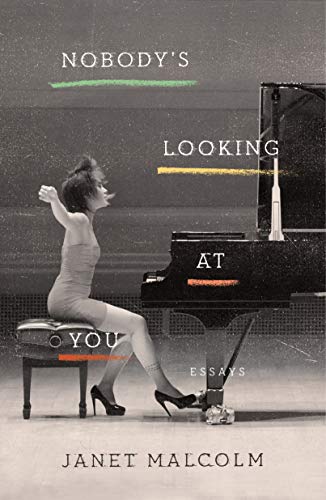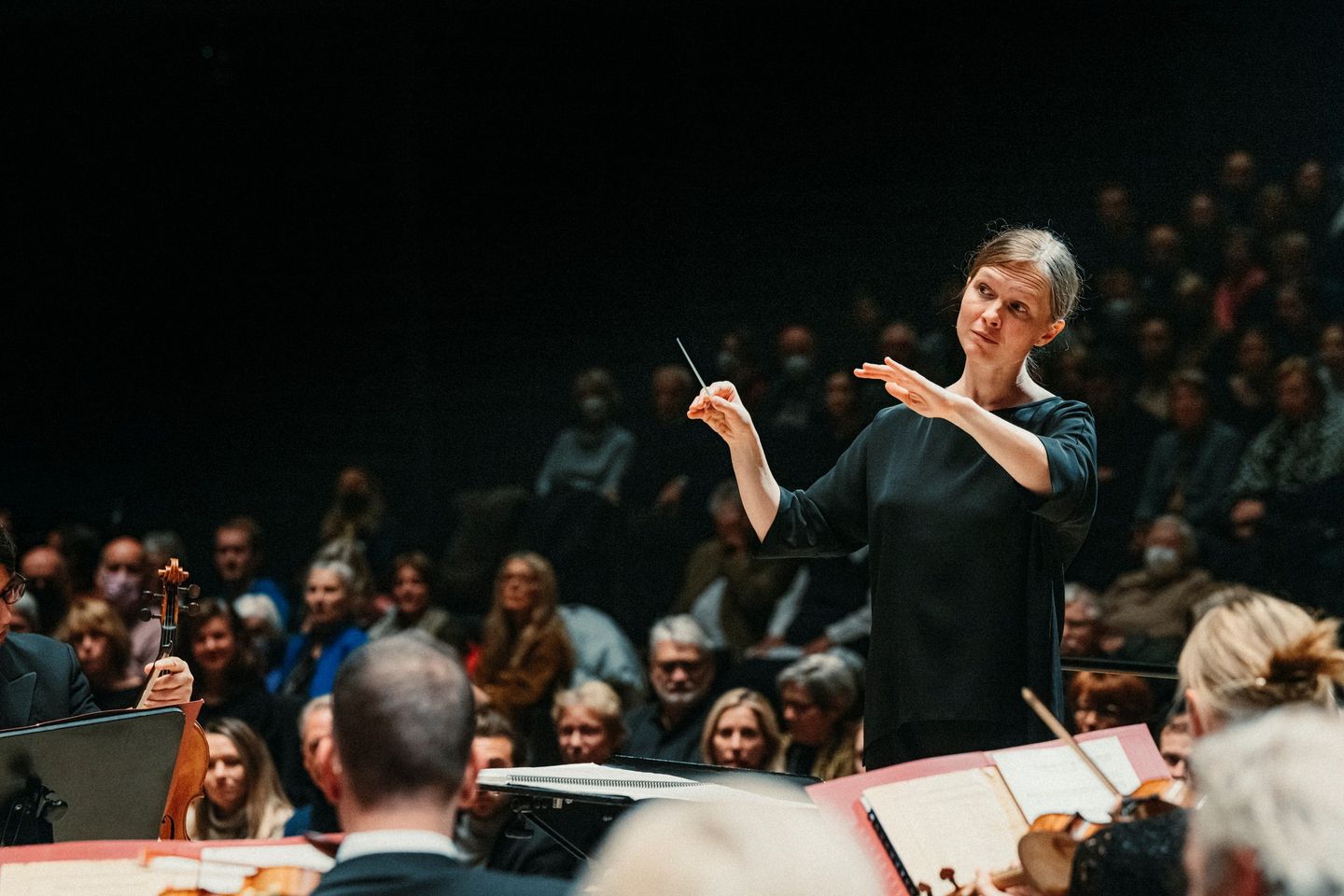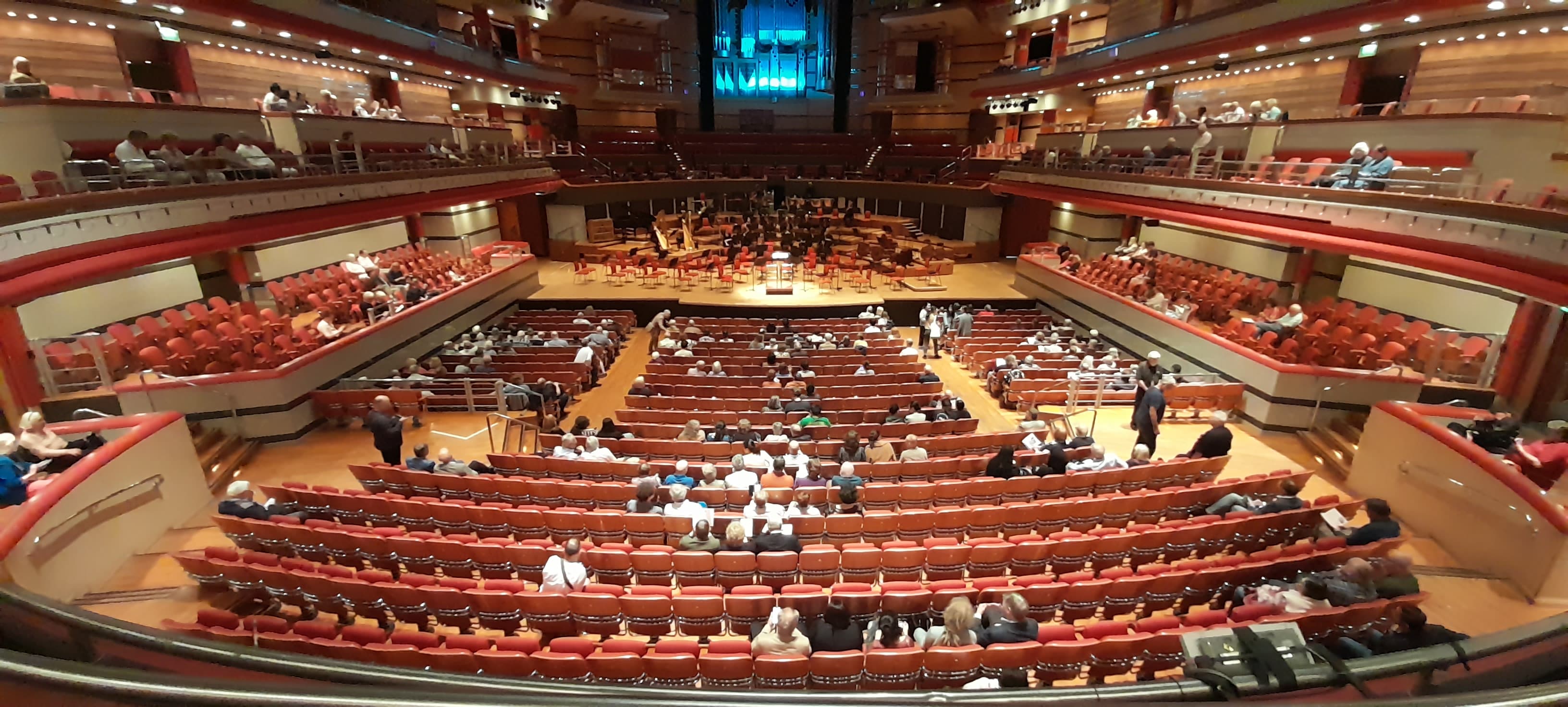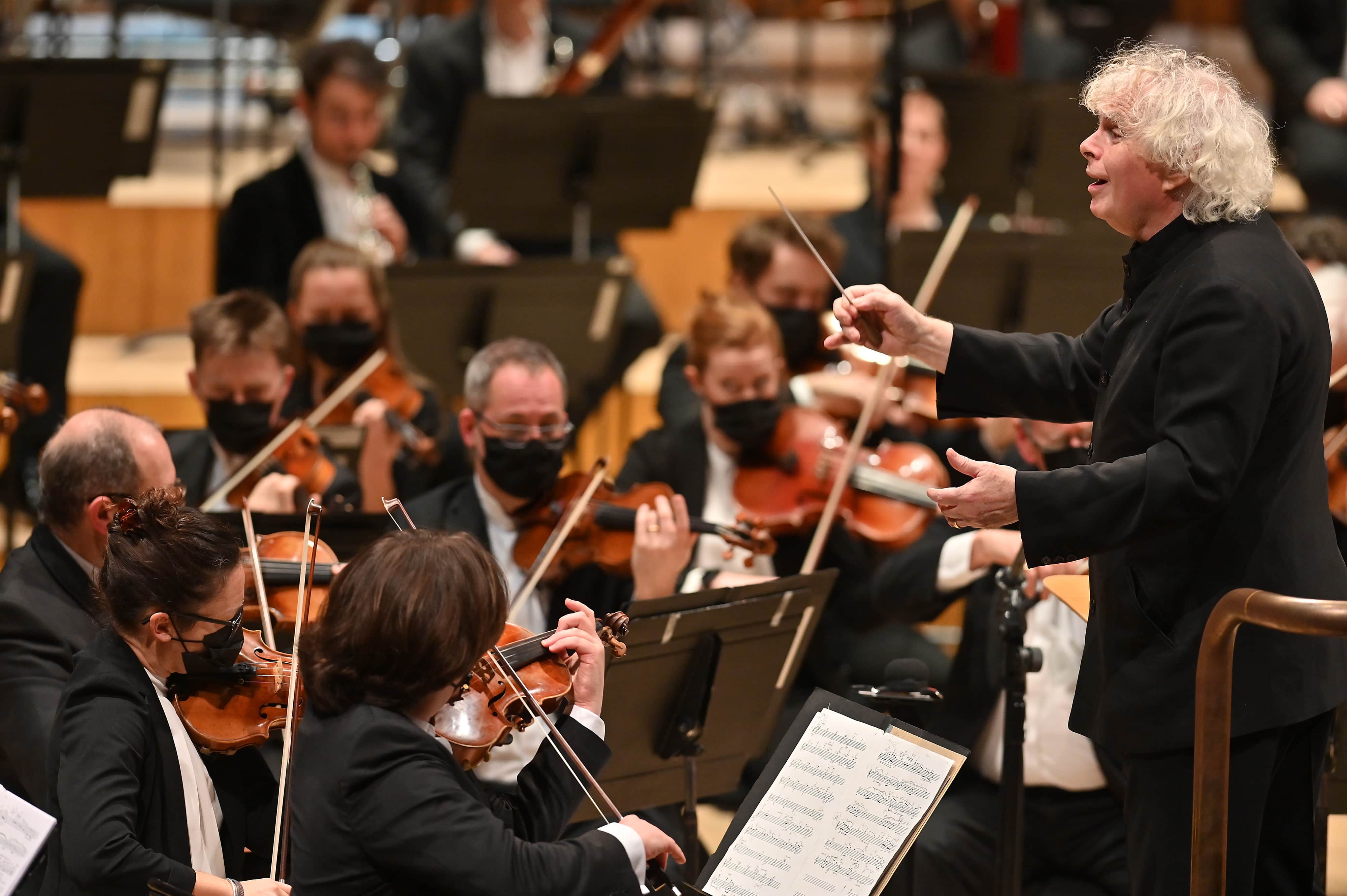‘The inequality of audience experience is intrinsic to the performing arts’
OperaFrom a republished New Yorker essay by the sorely-missed Janet Malcolm;
…Our seats were not in the Grand Tier—which was the third level of seats, above the orchestra and boxes—but on the fourth level, called the Dress Circle, above which rose two more tiers, the Balcony and the Family Circle. I once sat in the vertiginous top tier; the voices of the singers carried, though they were themselves barely visible, tiny doll-like figures ridiculously gesticulating. They came into better view on the Dress Circle level, but were still too far away to register as the characters they were representing. You could only make out their expressions with the aid of opera glasses…
The inequality of audience experience is intrinsic to the performing arts and unique to them. Literature and painting and sculpture are mediums of equal opportunity. A rich reader’s experience of “Anna Karenina” is no more intense than a poor one’s. The hedge-fund owner and the secretary see exactly the same “Raft of the Medusa.” But only the hedge-fund owner gets to see the expression on Azucena’s face when she relives throwing the wrong baby into the fire….
Read the full essay here.
Janet Malcolm died on June 16, 2021.






Hence the benefit of DVD and BluRay, widely available for audition at public libraries and elsewhere
Also Janet Malcolm: “Every journalist who is not too stupid or too full of himself to notice what is going on knows that what he does is morally indefensible.”
I wonder what she thought of classical music journalists.
Only morons can write about musical performance while prioritising the visual experience, not the auditory one.
Ironically in many great concert halls and opera houses the best acoustical, thus musical experience, can be had in less than the most expensive seats.
She was writing about opera, which in many places is categorized under ‘theater’ rather than under ‘music’. Unlike strictly music performances, theater is intended for the eyes as well as the ears.
Nonsense. One’s reading of Anna Kerenina is not the same—depending on one’s education level the depth of the reading and one’s experience of life abroad will indeed have an effect.
Not all hedge fund managers buy the priciest seats—and the very front row, is often considered lower-tier anyway.
The rich pay more so the poor don’t have to; in other words if the concert experience was equal, the rich (who might otherwise purchase the prime seats) would pay less and the poor(er) would inevitably pay more…
if you want to save money in tickets, bring binoculars.
Did she pass before the invention of binoculars?
In the arts, as with air travel, the rich subsidise the poor by paying proportionally more for the space they take up in the theatre/aeroplane…
Yes, the experience is enhanced, but probably not in proportion.
Also, I am now better off than I was 30 years ago and yet my experience of music is less intense…
It’s an intellectual construct for the sake of an article.
Inequality of experience is not unique to the performing arts at all – because it’s intrinsic to the human race. No two readers of Anna Karenina will come with the same perceptions or insights or sensibilities.
The irony of a writer for the New Yorker of all publications waxing eloquent about the poverty stricken reader who gets just as much out of the experience as the most well-to-do reader is just wonderful to behold. She should have wandered down to the floor with the folks trying to sell advertising space in the magazine to get a fuller picture. Her basic premise is surface-deep and superficial, but then, consider the source.
“Literature and painting and sculpture are mediums of equal opportunity. A rich reader’s experience of “Anna Karenina” is no more intense than a poor one’s. The hedge-fund owner and the secretary see exactly the same “Raft of the Medusa.”
I’d be willing to wager that the incomes of those who buy and read Anna Kerenina all the way to the end, tilt towards the upper level. I’d be willing to wager that the educational background needed to have the patience to wade through Anna Kerenina — or for that mattter, to even be aware of the book and why it should be read — reflect an income disparity. That the reaction to and appreciation for the book may be identical between this hypothetical well-to-do person and that hypothetical poor person is uninteresting, because the well to do reader is actually doing the reading, while the genuinely poor reader is far less likely.
And I strongly suspect that those hypothetical hedge-fund owners do not find their access to the “Raft of the Medusa” blocked by an army of appreciative secretaries hogging the best views.
I do not deny that there is an income disparity — the cars parked at any given concert hall are evidence enough. But I see that same disparity at the parking lot for the nominally “free” public library near me.
I do disagree that the performing arts, versus other arts including literature, are uniquely tilted. Rich and poor can have radios. Do both listen to Met broadcasts equally? The seating cost disparities at the Metropolitan opera do not create a poor versus rich divide. Perhaps a rich versus merely comfortable divide. I love great singing more than I love operatic “acting” and thus find no reason for anybody to envy or begrudge the hedge-funders their connoisseurship of facial expressions.
One hedge fund manager can fund the arts in a way that 10,000 secretaries can’t (or unwilling to).
As an artist, it is more important for me to connect with someone (in the front row) who will have a greater impact on the arts, than to connect with someone (in the nosebleed section) who may indeed have a more meaningful personal experience but a far less meaningful societal impact.
The point of that article is rather trivial: inequality is actually “intrinsic” to being human – not just in performing arts, but in life in general. Men – and women too – are definitely NOT created equal. And variety of life experiences adds to to their differences. Objectively, any work of any art including performing appears the same to all of us (except that in performing arts those who perform the piece become co-creators every time they perform it), but subjectively everyone experiences it in their own unique way. Life would have been much more boring otherwise.
Did anyone notice that she is writing (first of all) about the OLD Metropolitan Opera house on 39th st? (of course Fleming and Hvorostovsky were never there…)